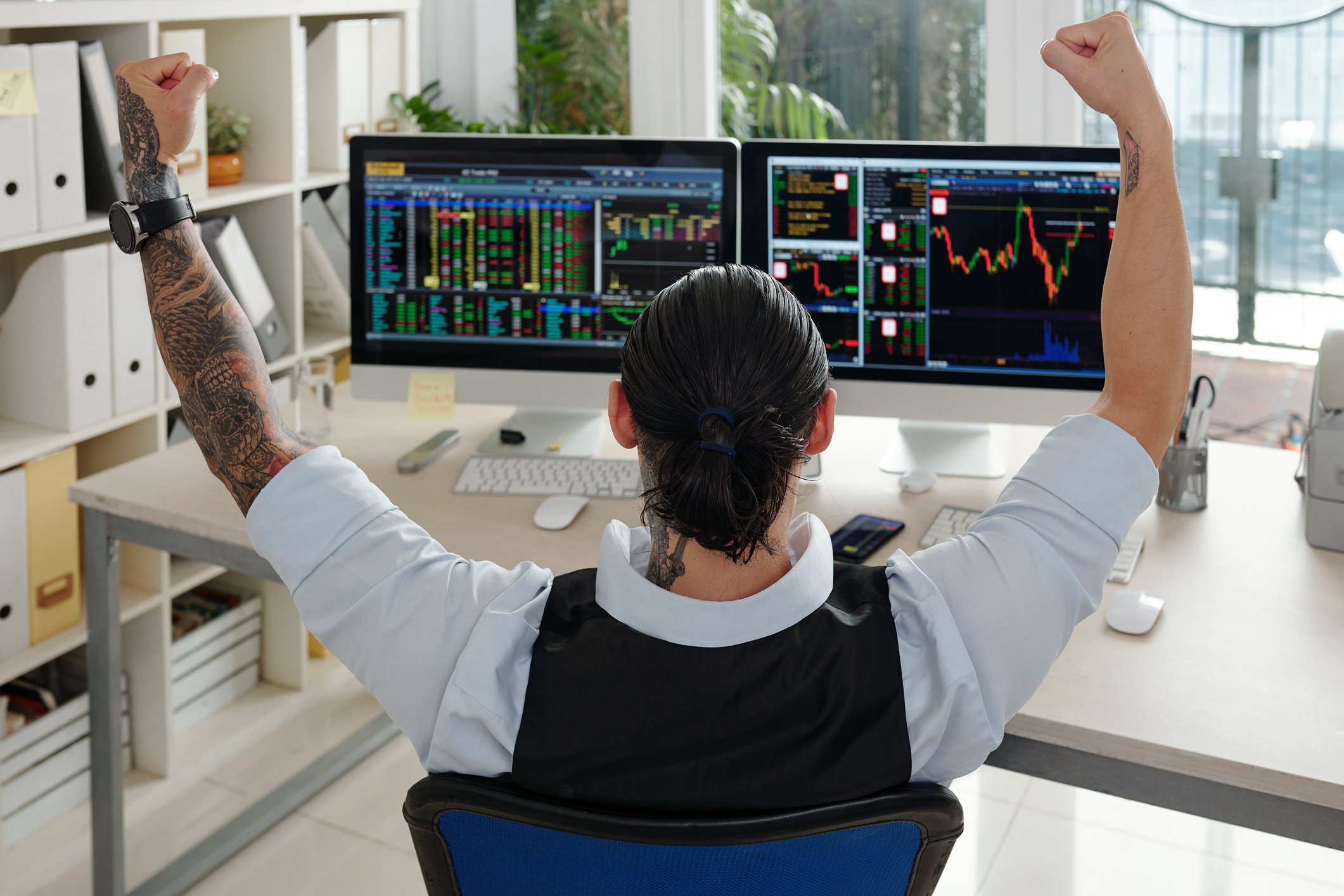Over the next few months, DowDuPont (DWDP +5.58%) will split into three companies, one focused on basic materials, one on finished products, and one on agriculture.
In this segment of Industry Focus: Energy, Motley Fool's Nick Sciple and Fool.com contributor Lou Whiteman profile Corteva Agriscience, perhaps the unit with the most potential but also the one that has fallen on hard times of late. Whiteman and Sciple discuss Corteva's growth prospects and capital needs as well as its long-term promise and near-term struggles and talk about what sort of investor might be interested in Corteva once it goes out on its own in June.
To catch full episodes of all The Motley Fool's free podcasts, check out our podcast center. A full transcript follows the video.
This video was recorded on April 11, 2019.
Nick Sciple: Let's talk about these companies that we haven't yet seen in the wild but that we will see in early June of this year. The first one I want to talk about is Corteva Agriscience. This is the company that's going to be produced out of the two agriculture arms brought together from Dow and DuPont when they merged. When you take a look at this company, what it's going to look like when it's put together, what should investors know about Corteva Agriscience?
Lou Whiteman: Corteva's broken into two main areas, and they're about equal size. Part of it is seeds. Part of it is the chemicals, the nutrition, the products that help grow. This is an important business. This is an industry that was consolidating, I think you brought up a real good quote from Breen. This is a business that was consolidating. Bayer has bought Monsanto. The Chinese own a lot of assets here. The Big Six has gone to a Big Four, Big Three. Part of the DowDuPont deal was to make sure that these two businesses that, both had promise, but both were just niche players in a bigger industry that needed scale, this was a way to quickly accomplish that scale for them. That is part of a broader play. The world is growing, the world needs more food, the world is developing. There is more opportunities and markets.
There's been issues for this business short term, which I'm sure we'll get to. But of the businesses in the DowDuPont, this is the intriguing long-term play. If you want to look at huge global macro trends, this is the company that hits on those trends. Together, with the scale they have, the resources they have, they are much better able to, hopefully, get at those trends. And either one of them would have been an afterthought -- an important afterthought, but an afterthought -- inside the portfolio of Dow and the portfolio of DuPont.
Sciple: When I was reading about this company, we mentioned earlier with the new Dow, the way they would invest the profits of the business is more to redistribute the capital back to shareholders because there's just not a lot to do from R&D, at least in the near term. Whereas when you look at this agriscience business, it seems the investment cycle, the development cycle for their new products, you're looking at 5, 10 years to bring these new things to the market. When you can bring this business out on its own with that different type of investing priority, and to really focus around that business, you can really see how you can squeeze more juice out of that business when you can make that a priority.
You did mention, there's been some near-term weighing on results. They've taken some impairment charges, had some issues with slowdowns in China as well as the tariffs, and some currency issues. This is a company that's going to be affected by macroeconomic movements when you're moving and touching the agriculture space. How should investors think about that if and when this company's on the market and it's investable, how that cycle is going to shake out? You have a long-term investment cycle for the products you're going to sell, as well as a market in agriculture that can be very susceptible to supply and demand and things like that.
Whiteman: This is the one business that can accurately blame the weather. But you make a great point. I don't think it's something that investors necessarily think about with this business, the threat of tariffs and trade war, that whole macroeconomic picture has been a real weight on them. Soybeans are such an important product, and U.S. soybeans have been one of the real victims of the tensions between the U.S. and China. That has caused a shift in production of soybeans, with China looking to South America. That changes the profit. That gets us into, you're more exposed to foreign currency. Honestly, the margins aren't quite as good all the time in emerging markets as you'd get in the U.S. So in any given quarter or year, there's a lot of risk, especially, as you say, this is a business that is going to have, for the foreseeable future, large R&D needs. You have to look at this as a long-term play. You have to judge this company based on the quality of its products, its ability to innovate over time. Any one given year if you have a poor planting season, if you have bad forex exchange, if you have, who knows how long these trade tensions will last? This is a business that will be volatile. But as long as they are on track with products that fit the needs of the customer, we can also pretty reliably say that demand for these products, the need, is not going away.
Again, you need to monitor this, not so much quarter to quarter. You need to try your best to ignore the quarter to quarter and just look at long term. Is this a business that's doing what its customer needs better or as well as others? If it is, it should be in good shape over time.
Sciple: Yeah, Lou. I think this business is one of those, you see it with a lot of cyclical businesses, where you have to separate the short-term cycle from the long-term cycle. In the short term, there's going to be volatility with things like tariffs, and there's bad weather one year and another. But over the long term, as you mentioned, food needs are moving up globally, and they're going to continue moving that direction over the long term. That need is going to be serviced by companies like Corteva.
Again, we don't know a ton about how their business strategy is going to shake out yet. They do have an investor day coming May 9th where we'll learn some more. Definitely an interesting company to watch. Again, like I said earlier, bringing it out on its own maybe can allow them to prioritize their investments in a more strategic way that fits that business.






